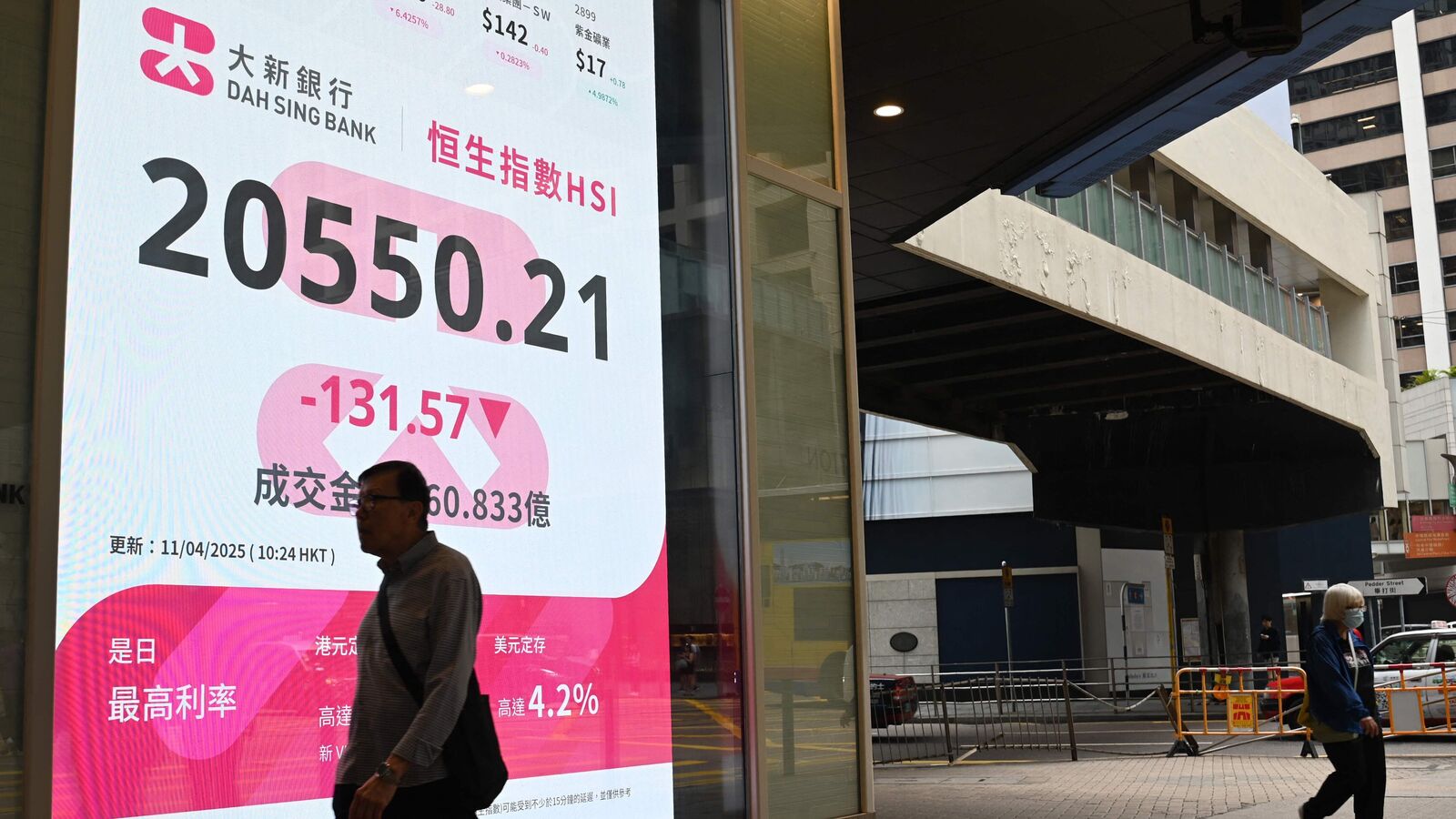Asian markets showed a mostly positive trend on Thursday, following a significant downturn in US stocks the previous night, primarily due to concerns about economic growth. While Japan and South Korea experienced gains, Hong Kong is projected to face a challenging opening. Investor confidence took a hit after Jerome Powell, the Chair of the US Federal Reserve, warned that President Donald Trump’s tariff strategies could push inflation and employment further away from the Fed’s objectives. Powell emphasized that the Fed would adopt a wait-and-see approach regarding interest rate changes until more economic data becomes available.
Overview of Asian Markets
- Japan’s Nikkei 225 opened strong, climbing by 0.59%, while the Topix index also increased by 0.26%.
- In South Korea, the Kospi index rose by 0.41%, and the smaller Kosdaq surged by 1.02%.
- Conversely, Hong Kong’s Hang Seng index futures point to a weaker start.
In Australia, the S&P/ASX 200 saw a modest gain of 0.18% in early trading.
Indian Stock Market Outlook
The Indian stock market is anticipated to start on a bearish note, influenced by mixed signals from global markets. The GIFT Nifty trends suggest a lower opening for key indices like the Sensex and Nifty 50. Additionally, profit booking is expected after three consecutive days of strong gains, which could further pressure Indian equities.
US Market Recap
The US stock market faced a sharp decline on Wednesday, driven by widespread selling and Powell’s remarks regarding a slowdown in economic growth. Specifically:
- The Dow Jones Industrial Average plummeted by 699.57 points, or 1.73%, closing at 39,669.39.
- The S&P 500 dropped 120.93 points, or 2.24%, to finish at 5,275.70.
- The Nasdaq Composite fell by 516.01 points, or 3.07%, closing at 16,307.16.
On the NYSE, declining stocks outnumbered advancers at a rate of 1.58-to-1. On the Nasdaq, 1,469 stocks advanced while 2,964 faced losses, marking a 2.02-to-1 ratio of declines to gains.
Conclusion
With global market dynamics shifting, investors will need to stay informed about economic indicators and policy changes that could impact their portfolios. As we watch these developments unfold, understanding the implications of tariff policies and Federal Reserve actions will be crucial for making informed investment decisions.











